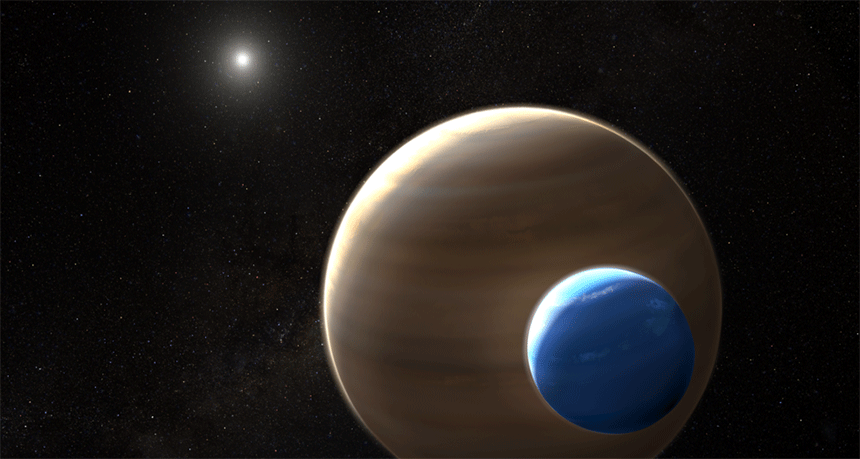alien A non-native organism. (in astronomy) Life on or from a distant world.
exomoon A moon that orbits an exoplanet.
exoplanet Short for extrasolar planet, it’s a planet that orbits a star outside our solar system.
moon The natural satellite of any planet.
orbit The curved path of a celestial object or spacecraft around a star, planet or moon. One complete circuit around a celestial body.
planet A celestial object that orbits a star, is big enough for gravity to have squashed it into a roundish ball and has cleared other objects out of the way in its orbital neighborhood. To accomplish the third feat, the object must be big enough to have pulled neighboring objects into the planet itself or to have slung them around the planet and off into outer space. Astronomers of the International Astronomical Union (IAU) created this three-part scientific definition of a planet in August 2006 to determine Pluto’s status. Based on that definition, IAU ruled that Pluto did not qualify. The solar system now includes eight planets: Mercury, Venus, Earth, Mars, Jupiter, Saturn, Uranus and Neptune.
solar system The eight major planets and their moons in orbit around our sun, together with smaller bodies in the form of dwarf planets, asteroids, meteoroids and comets.
star The basic building block from which galaxies are made. Stars develop when gravity compacts clouds of gas. When they become dense enough to sustain nuclear-fusion reactions, stars will emit light and sometimes other forms of electromagnetic radiation. The sun is our closest star.
telescope Usually a light-collecting instrument that makes distant objects appear nearer through the use of lenses or a combination of curved mirrors and lenses. Some, however, collect radio emissions (energy from a different portion of the electromagnetic spectrum) through a network of antennas.

